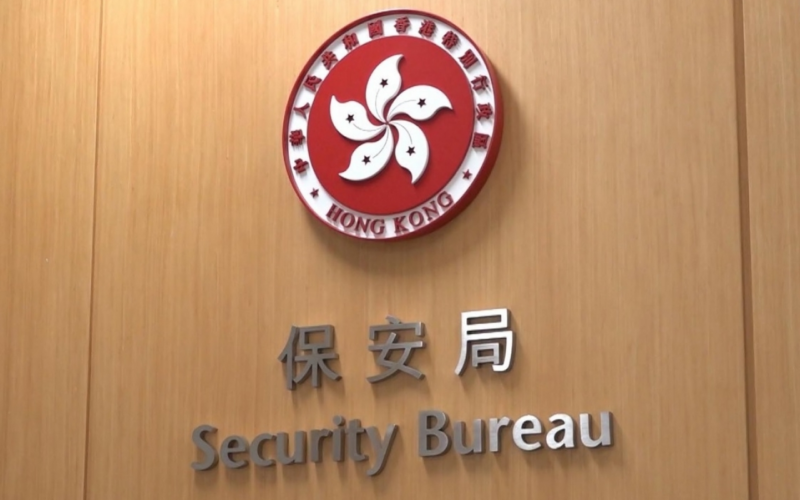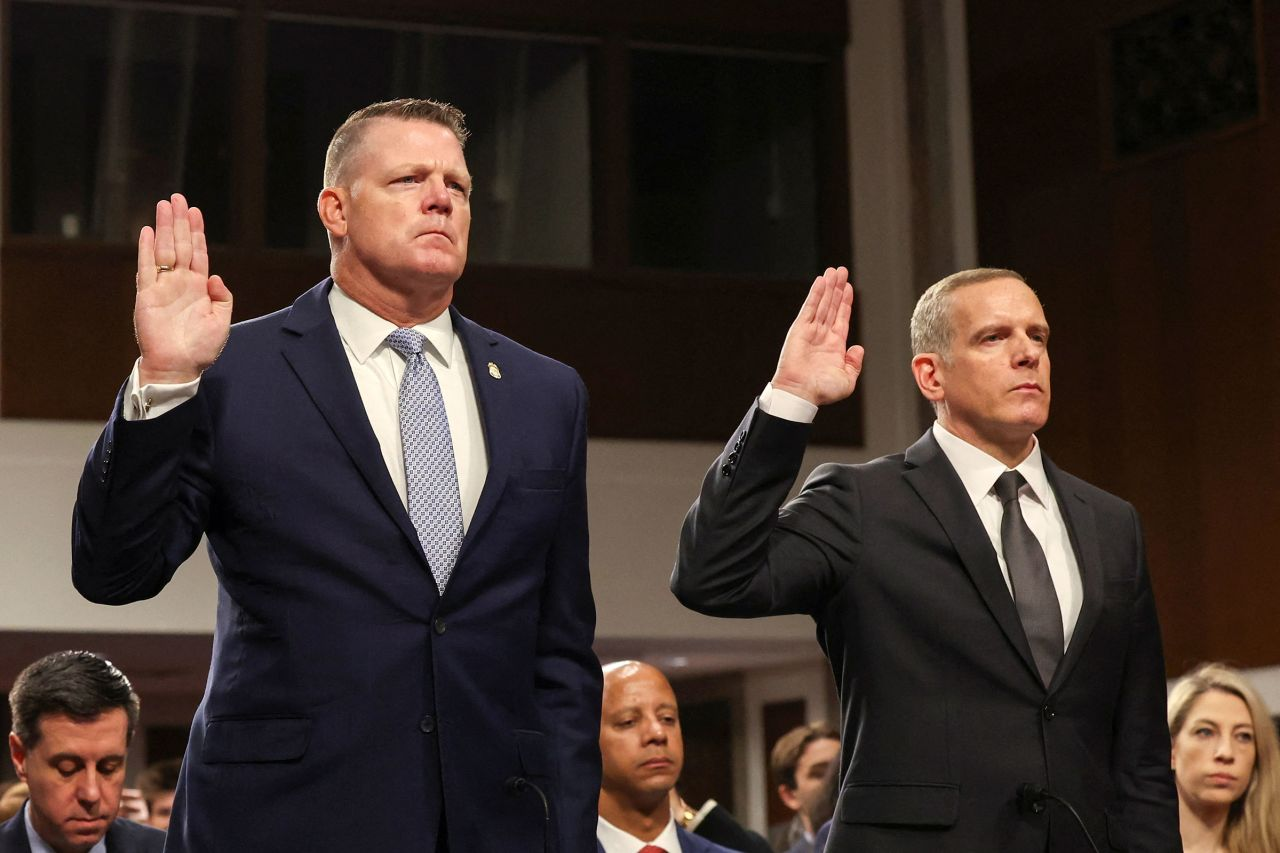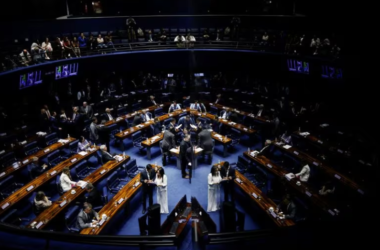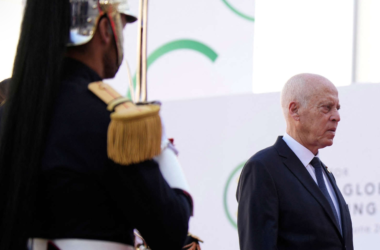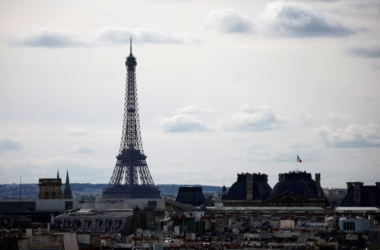Hong Kong’s Security Bureau announced on Wednesday that it would invoke powers under a newly enacted national security law against six self-exiled activists residing in the United Kingdom. These measures include canceling their passports and prohibiting financial and business engagements in Hong Kong.
The six activists targeted are Nathan Law, Christopher Mung Siu-tat, Finn Lau, Simon Cheng, Johnny Fok Ka-chi, and Tony Choi Ming-da. They had fled Hong Kong following the 2019 pro-democracy protests and were subsequently placed on a wanted list by city authorities last year.
“These lawless wanted criminals are hiding in the United Kingdom and continue to blatantly engage in activities that endanger national security,” the Security Bureau stated. The bureau accused the activists of continuing to collude with external forces and cited this as the justification for the measures taken under Article 23 of the new national security law, enacted in March.
The measures extend beyond passport cancellations. They prohibit providing funds to the activists and restrict their business dealings within Hong Kong. The national security law, including Article 23, imposes penalties for offenses such as treason, sabotage, and sedition.
At a press conference on Wednesday, Hong Kong’s Security Chief Chris Tang defended the actions as “necessary” to safeguard national security. He criticized British politicians and media for allegedly discrediting Hong Kong’s government, asserting that the activists have continued to engage in actions harmful to the security of Hong Kong and China while in the UK.
When asked about the potential conflict with international rights to freedom of movement as guaranteed by the International Covenant on Civil and Political Rights, Tang argued that national security considerations justified these measures. He emphasized that such exceptions are not unique to Hong Kong but are applicable in other jurisdictions as well.
The new national security laws complement a broader China-imposed security framework introduced in 2020. This earlier law has been utilized to imprison pro-democracy activists and shut down independent media outlets and civil society groups. Under these laws, offenses such as subversion, collusion with foreign forces, and espionage can result in severe penalties, including life imprisonment.
The enforcement actions against the six activists in the UK have attracted criticism from the United States, Britain, and Australia, where some of these activists are based. These countries have characterized the national security laws as instruments of repression designed to stifle dissent.
Hong Kong and Chinese authorities, however, maintain that these laws are crucial for maintaining stability and order, particularly in the aftermath of the widespread protests in 2019.
In response to the measures, Nathan Law commented on his Facebook page that he had already relinquished his Hong Kong passport when he sought asylum in the UK in 2020, rendering the new actions “redundant.” Similarly, Finn Lau stated that he has never held a Hong Kong passport and described the measures as “an explicit act of transnational repression.”
Hong Kong, handed back to China from British rule in 1997 under the “one country, two systems” framework, was supposed to retain certain freedoms, including freedom of speech. Critics argue that these freedoms have rapidly diminished under the new security laws.




